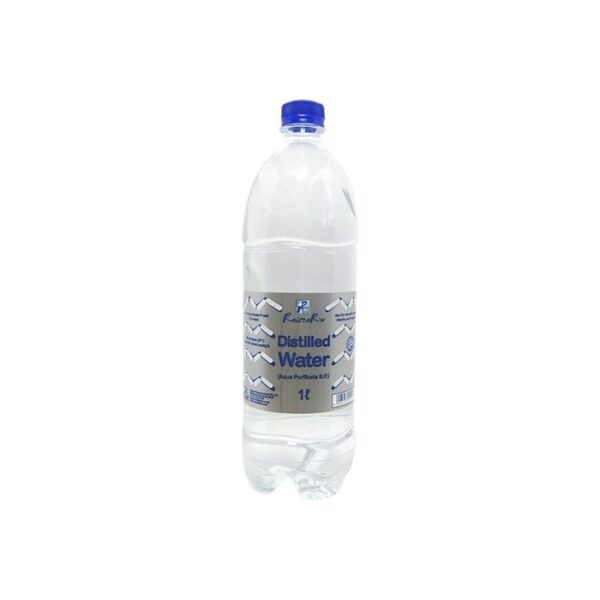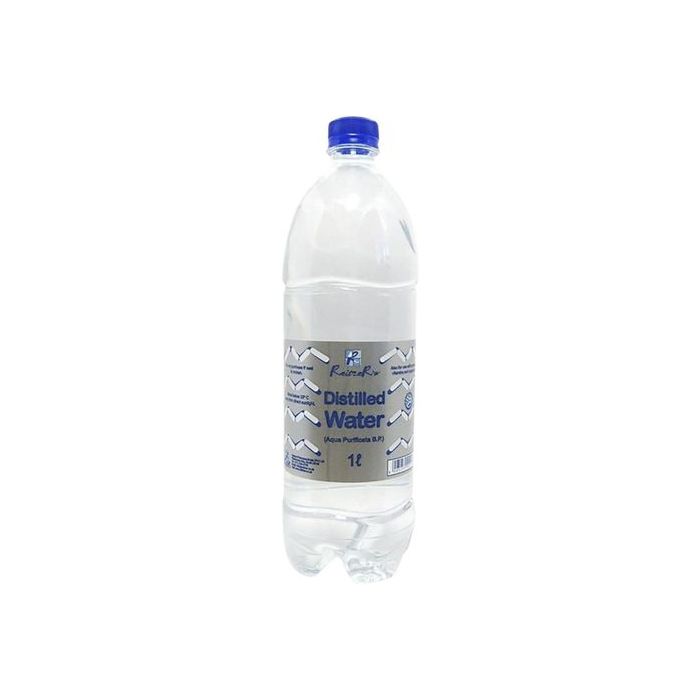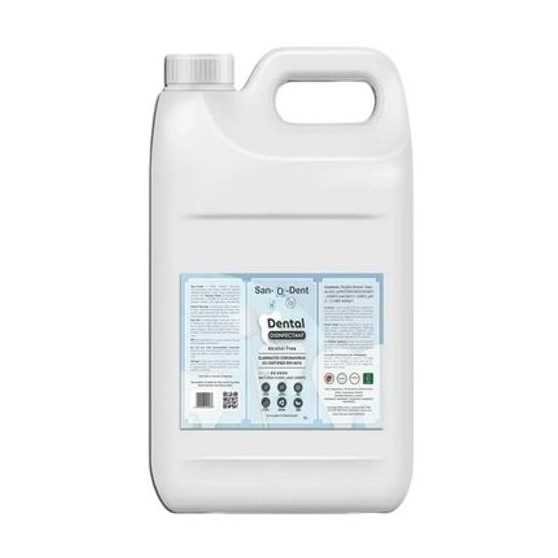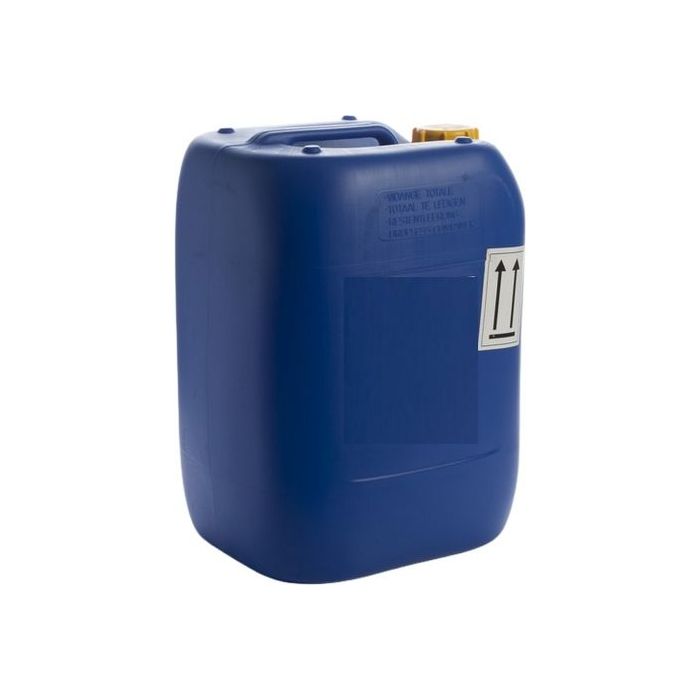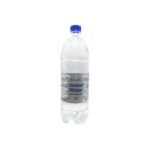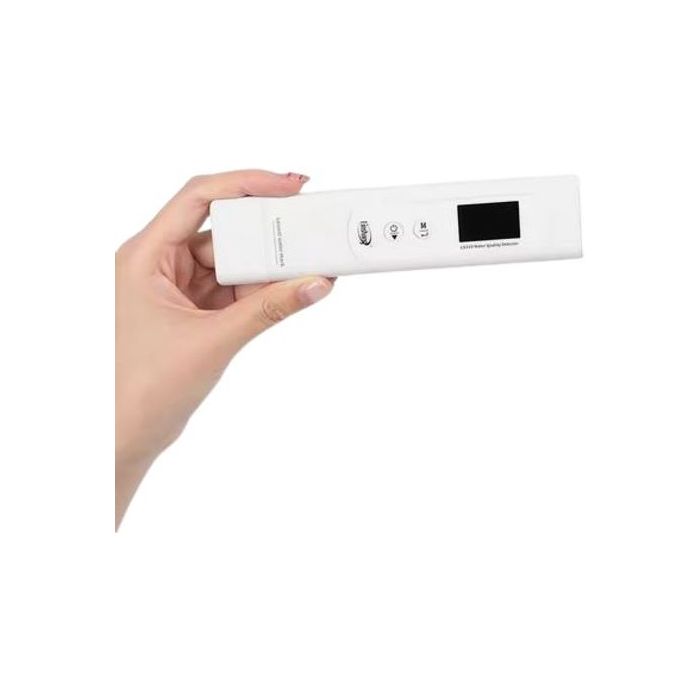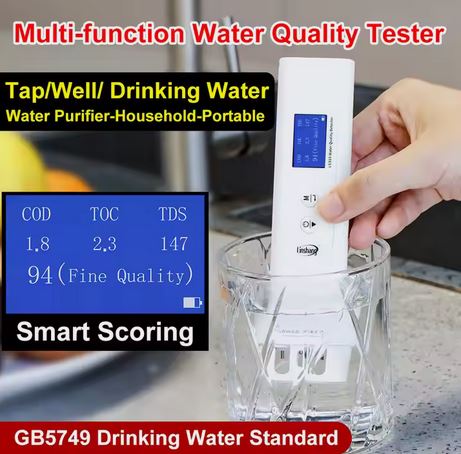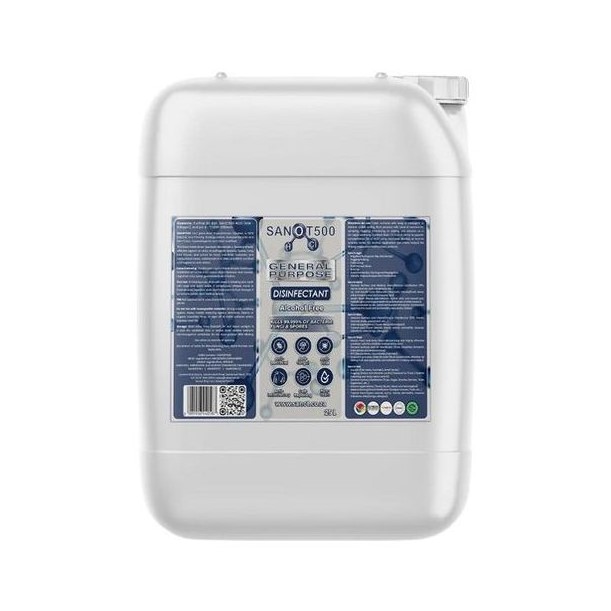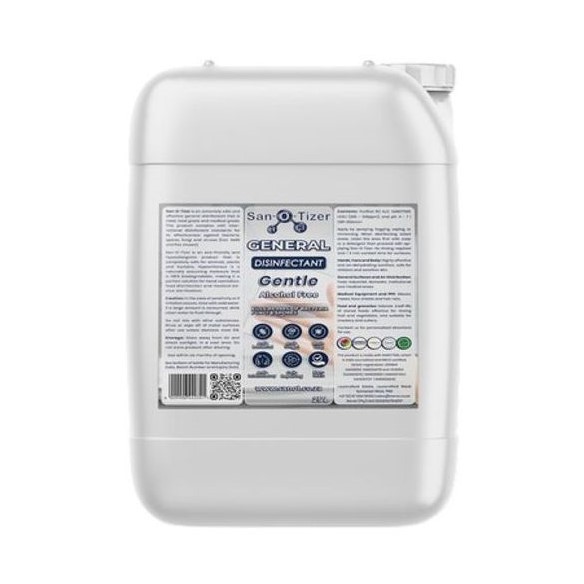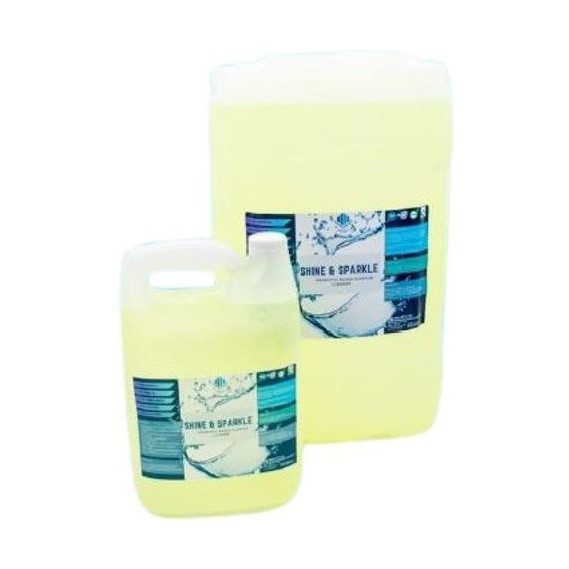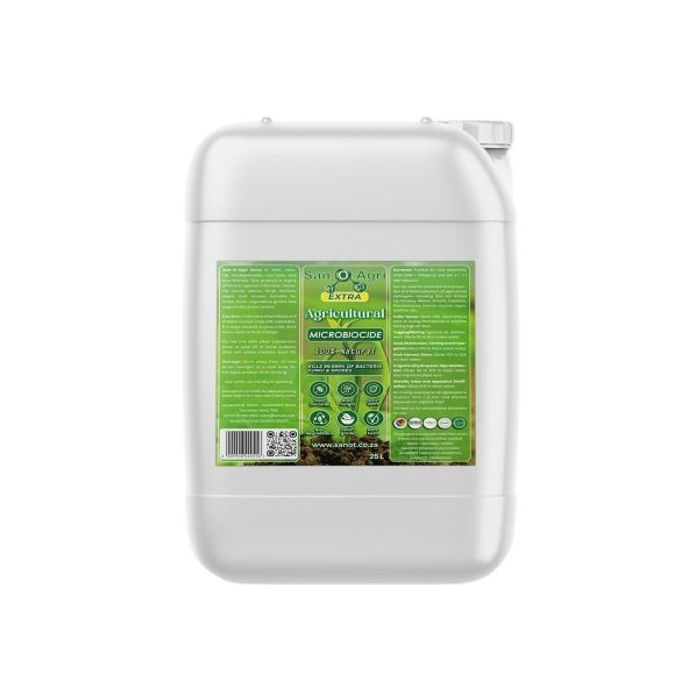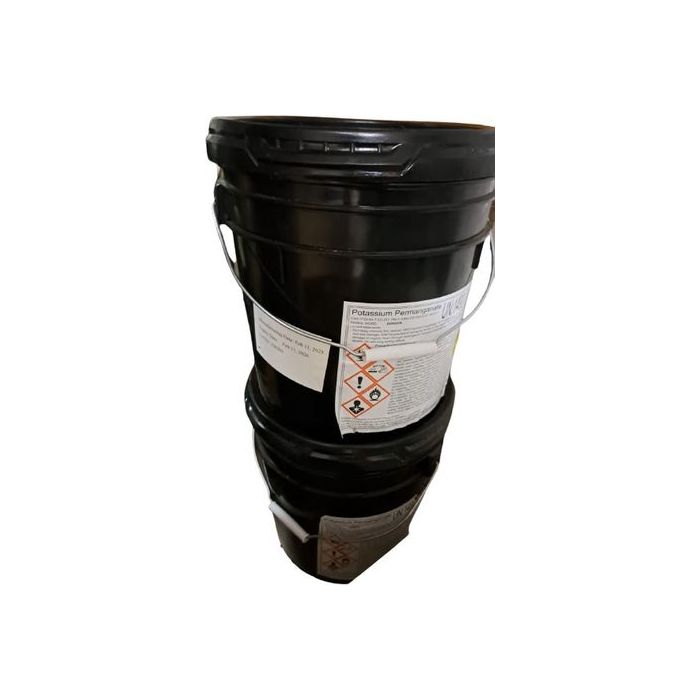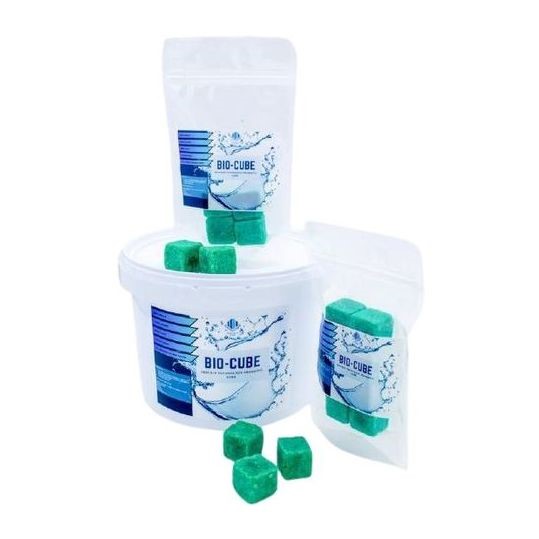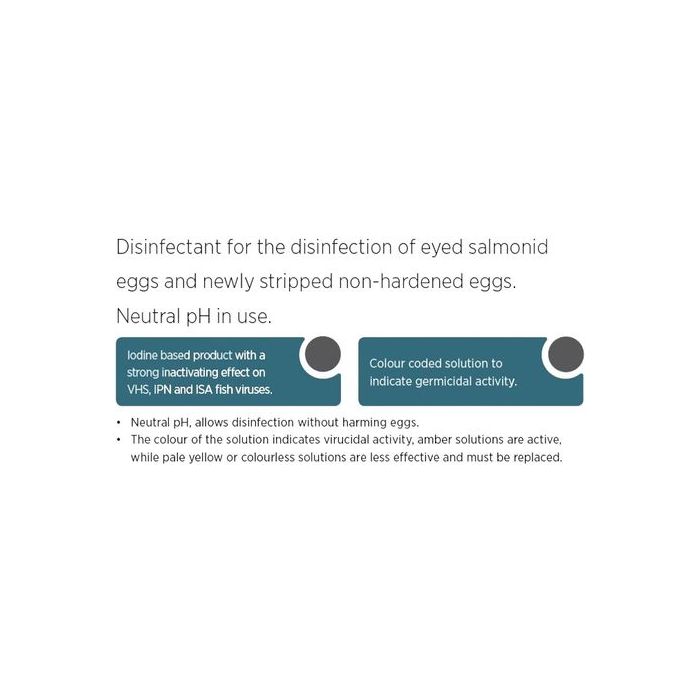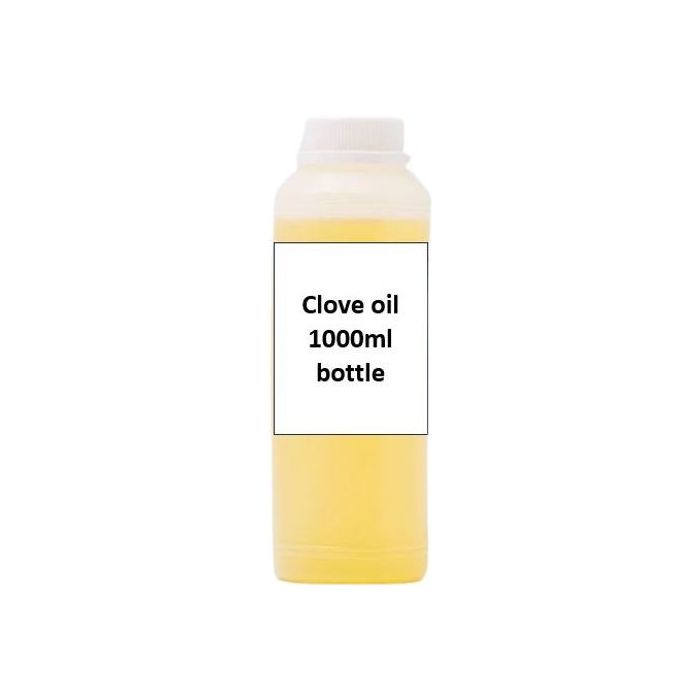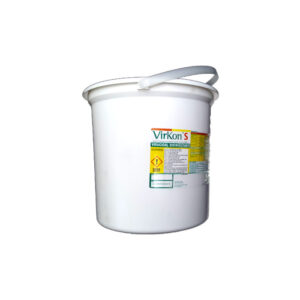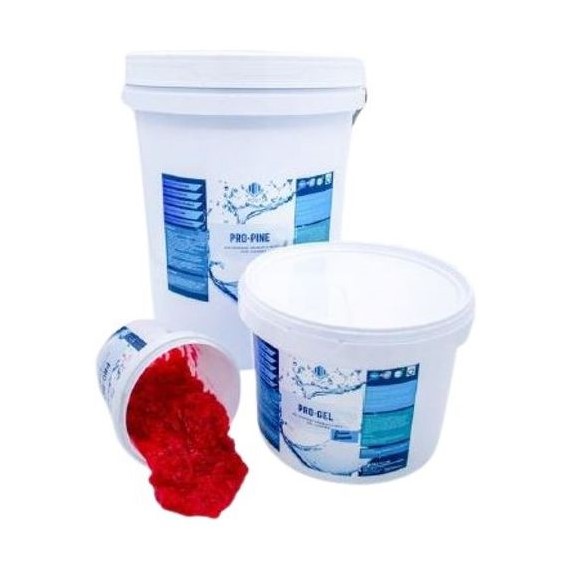BP grade distilled water
R56.00 Excl. VAT
1 liter distilled water made to the standards as laid down by the B.P. (British Pharmacopoeia).
- Description
- Additional information
- BP grade water
Description
Distilled water is made to the standards as laid down by the B.P. (British Pharmacopoeia)
Reitzer’s Distilled water is made to the standards as laid down by the B.P. (British Pharmacopoeia). Our distilled water is produced using four methods.
Firstly, tap water is filtered through macro filters to get rid of large particles.
Secondly, the water undergoes the process of reverse osmosis (reverse osmosis occurs when the water is moved across the membrane against the concentration gradient, from lower concentration to higher concentration. To illustrate, imagine a semi-permeable membrane with fresh water on one side and a concentrated aqueous solution on the other side. If normal osmosis takes place, the fresh water will cross the membrane to dilute the concentrated solution. In reverse osmosis, pressure is exerted on the side with the concentrated solution to force the water molecules across the membrane to the freshwater side.)
Thirdly, the water is then further purified using deionisation (deionisation is the removal of ions from water by exchange with other ions associated with fixed charges on a resin).
And fourthly, the water is passed through an ultraviolet light tunnel to kill any living organisms that might have escaped the first three processes. Reitzer’s Distilled Water is preservative free.
Additional information
| Weight | 1 kg |
|---|---|
| Dimensions | 30 × 8 × 8 cm |
Distilled water is made to the standards as laid down by the B.P. (British Pharmacopoeia). Our distilled water is produced using four methods.
This product undergoes a multi-step purification process that produces high-quality purified water. Let’s compare it to distilled water for calibration purposes:
- Filtration quality:
- The described process (filtration, reverse osmosis, deionization) is very thorough
- It likely produces water of equal or higher purity than typical distillation
- Ion removal:
- Reverse osmosis removes 95-99% of ions
- The additional deionization step removes remaining ions
- This process may be more effective at ion removal than distillation alone
- Organic compound removal:
- Reverse osmosis can remove many organic compounds
- However, some volatile organics might pass through
- Consistency:
- This process can produce very consistent results
- Quality may be more consistent than some commercially available distilled water
- Suitability for calibration:
- Excellent for EC and TDS calibrations due to thorough ion removal
- Likely suitable for COD and TOC calibrations
- Should be appropriate for UV275, but verify if extremely sensitive measurements are needed
Comparison to distilled water:
- This water is likely as good as or better than most commercial distilled water
- It may even be suitable for applications requiring ASTM Type II water
Considerations:
- Verify the final resistivity/conductivity of the water to ensure it meets your calibration needs
- For extremely sensitive applications, you might still prefer ASTM Type I water
- Check your meter manufacturer’s specific recommendations
In conclusion, the water produced by this process should be excellent for most calibration purposes, likely equivalent to or better than typical distilled water. It’s suitable for calibrating EC, TDS, COD, TOC, and in most cases, UV275 meters. However, for the most critical applications, always verify against your specific instrument requirements.


